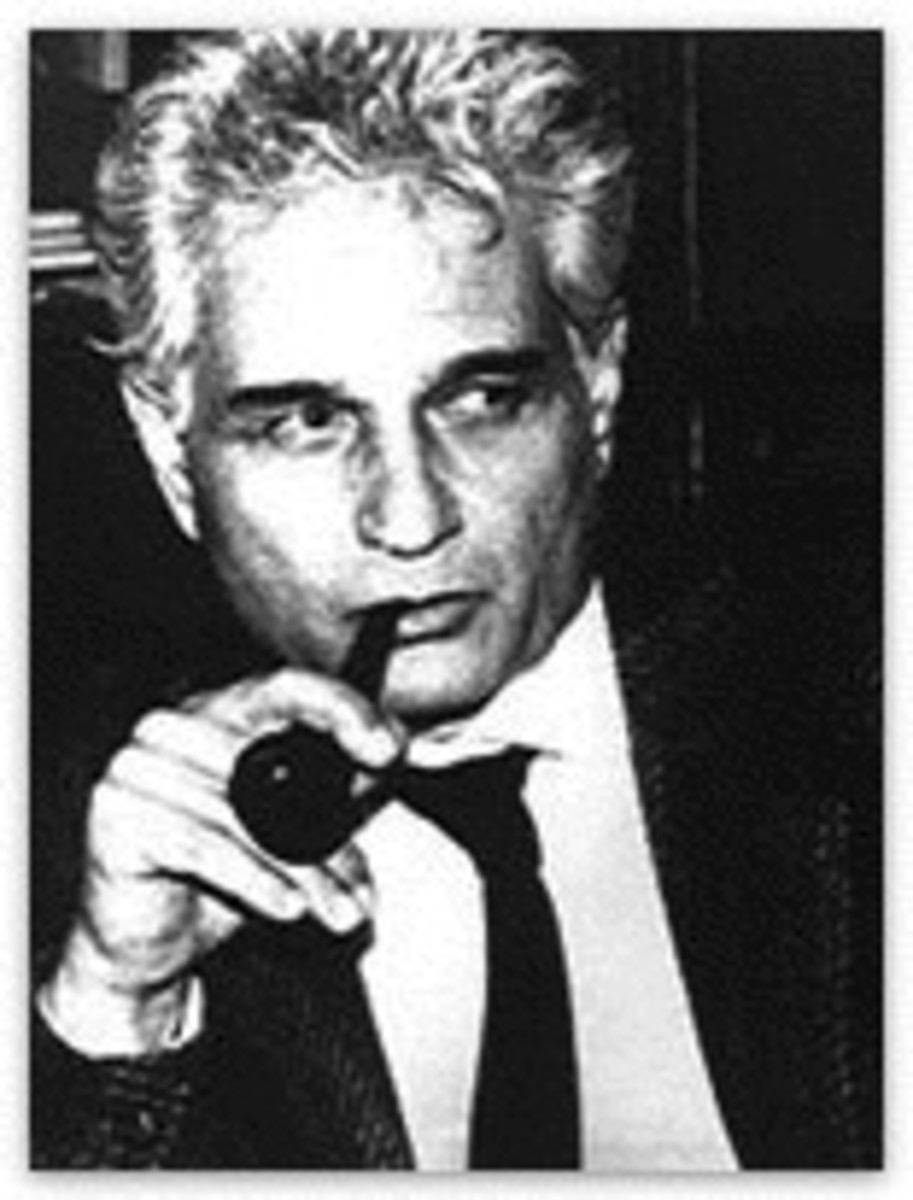The Problem of Truth and Basic Philosophical Concepts of the Truth
Introduction
The question “what is truth” has been considered the most frolicsome and at the same time, the most serious of questions depending on the intent of the one asking it. While there are those who argue that life depends on a reliable truth, there are those who observe that the value of life does not necessarily depend on any form of truth. For instance, Pontius Pilate, a well-known old philosophical figure did not believe that life was dependent on any form of truth. Pilate went on to argue that he could live without any concerns or foundation. In addition, there are as well those who do not divulge into the matter and prefer to leave it like that, that is, without supporting or opposing any side.
Philosophical Concepts of Truth
The concept of truth can be philosophically categorized into various categories. These include idealist, nihilistic, rationalist, and monotheistic. According to some philosophers, truth is anything which is expressive or descriptive of the nature of its being. For instance, Plato defines truth in terms of platonic ideals or forms which consist of the essence of things that do not change and cannot be noted through reasoning but through philosophical contemplation. This definition differs slightly from that of Aristotle who despite agreeing with Plato that truth consists of unchanging things; observed that it was possible to detect it by reasoning and using the senses. On the other hand, there are those who consider it as something that exists within particular objects or beings and defines them. Additionally, some argue that truth is something that reveals God or exists within him. Thomas Aquinas is just one example of a philosopher in this line of reasoning who defines truth as a form where objects exist in God’s intellect.
According to Ibn Arabi, a Muslim philosopher, truth is God himself, and the different types of truth manifest God differently. Interestingly, there are as well those who consider truth as something harboring a subjective experience or simply an illusion. Nietzsche is an example of a philosopher who considers truth as just an illusion and nothing of the sort is in existence. On his part, Protagoras also a famous philosopher from Greek argued that truth is subjective and so each person was able to perceive it in a different perspective.
Conclusion
From this discussion, it is clear that the concept of truth has different philosophical perspectives and has therefore no clear definition. For instance, some philosophers such as the likes of Plato define it as something that defines what an object or being is. On the other hand, other philosophers such as the likes of Nietzsche point out that there is nothing like the truth. Considering this divergence of views and observations in regard to the definition of truth concept, it, therefore, becomes necessary for scholars, philosophers, and thinkers to look for and forge common ground to base their definition on truth concept. It remains interesting that several years from the time of Plato, Aristotle, Nietzsche, and other old philosophers, nobody has bothered to solve the dilemma surrounding the concept of truth. In addition, while the world has experienced new dimensions in regard to developments, globalization, innovation, and technology improvement, it remains a mystery why the problem of truth is yet to be resolved.








